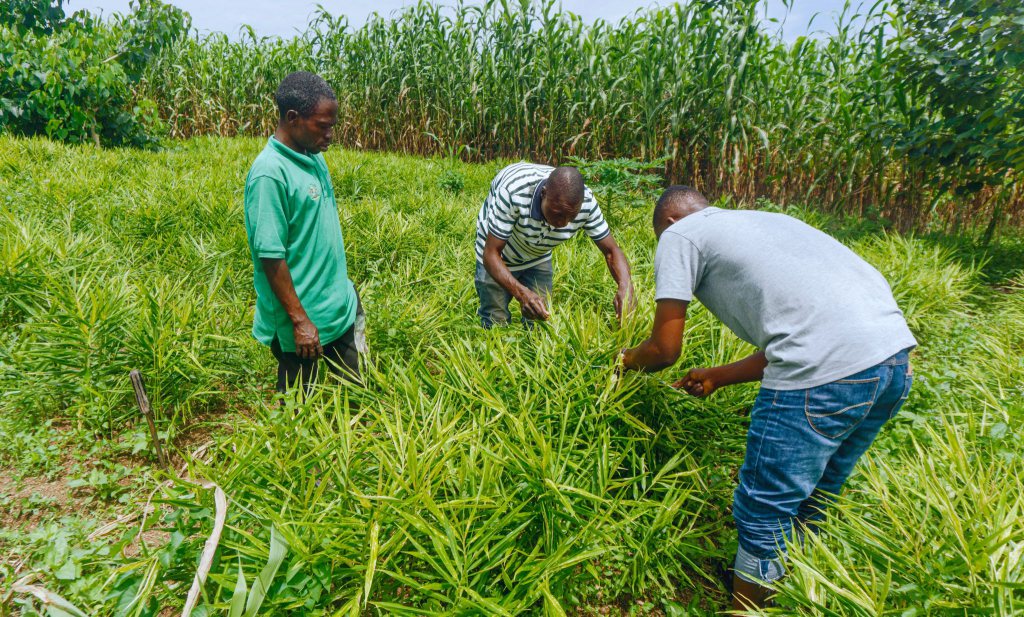As the impact of climate change is being felt in many countries, farming communities have not been left out, causing major change in the ecosystem. Disruption in the ecosystem has led to increased incidence, causing major crop losses over the last few years. Sadly, managing these incidents is becoming difficult and farmers seek solutions that sometimes pose risks to the food and also to them. In many cases, the majority of farmers depend solely on the use of synthetic chemicals to manage this situation. Sadly, we are experiencing more pests’ resistance – they are less effective due to prolonged usage, environmental factors and other rising factors, which make this practice unsustainable and could compromise the safety of the food.
It is common knowledge that producing unsafe food is a threat to food security and there is a need to critically address it due to its ripple effects. Therefore, the adoption of integrated pest management (IPM) becomes mandatory for the farmers. In the principle of IPM, the use of synthetic chemicals can only be considered as the last resort when other alternatives fail. Therefore, we need to invest more in the research and development of cultural (indigenous knowledge) and biological controls (the use of bio pesticides) locally in order to make it cheaper and accessible to the farmers. Also, we need to create more awareness on the practical steps of IPM to increase its adoption. This can be achieved through promotion of private extension services as a leverage for information dissemination. Thus, e-extension service can be the means to mass information dissemination.
In addition, prohibited or banned pesticides need to be taken off our market. It is sad that some prohibited or banned pesticides still find their way to the market and are sold to farmers across the country. We need more strict monitoring at the market level to enforce compliance. Also, we need to ensure that regulatory bodies live up to their expectations; identify erring importing companies or individuals to face the consequences of their actions. It is a criminal offense and should be treated as one. So, we need more accountability from the government, who have the responsibility to regulate and control importation and distribution of such pesticides.
In conclusion, ensuring that our food is safe is a journey to food security because unsafe food is not food. We need more awareness to promote adoption of IPM as a sustainable practice; promoting biodiversity and reducing pesticide residues in our food. Banned pesticides are no longer needed on our farm and in our market, we need to take them out NOW. As we journey towards food security, let safe and healthy food lead us along the way.
Yours-in-Service
Babatunde
In addition, prohibited or banned pesticides need to be taken off our market. It is sad that some prohibited or banned pesticides still find their way to the market and are sold to farmers across the country. We need more strict monitoring at the market level to enforce compliance. Also, we need to ensure that regulatory bodies live up to their expectations; identify erring importing companies or individuals to face the consequences of their actions. It is a criminal offense and should be treated as one. So, we need more accountability from the government, who have the responsibility to regulate and control importation and distribution of such pesticides.
In conclusion, ensuring that our food is safe is a journey to food security because unsafe food is not food. We need more awareness to promote adoption of IPM as a sustainable practice; promoting biodiversity and reducing pesticide residues in our food. Banned pesticides are no longer needed on our farm and in our market, we need to take them out NOW. As we journey towards food security, let safe and healthy food lead us along the way.
Yours-in-Service
Babatunde
Related



